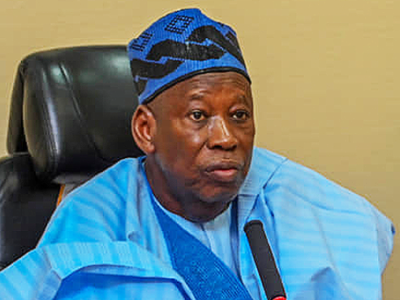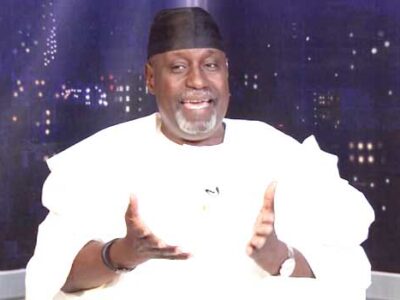A senior lecturer at Hussaini Adamu Polytechnic, Kazaure, Dr. Tijjani Ahmad, has backed the World Bank’s recent report stating that over 100 million Nigerians are still living below the poverty line, despite official claims that the nation’s economy is now stable.
Speaking in an exclusive interview with DAILY POST on Thursday, Dr. Ahmad explained that by the World Bank’s definition, poverty is measured by those living on less than two dollars a day.
“If you look at the exchange rate in Nigeria today, two dollars is about ₦3,000 — that’s around ₦90,000 in a month,” he said. “How many Nigerians earn that much? Even most employees don’t. So, we can agree that around 60 percent of Nigerians are living below the poverty line.”
Dr. Ahmad, who also serves as a Research Fellow at the African Centre for Tax and Governance, noted that while macroeconomic indicators might show signs of stability, the reality at the grassroots level tells a different story.
“The economy appears stable — GDP is increasing, unemployment is reducing, inflation is improving — but these are at the macro level,” he said. “For growth to reflect at the micro level, where ordinary Nigerians can feel it, it takes time.”
He stressed that economic growth does not automatically translate into development.
“Growth refers to the size of the economy — GDP, revenue, purchasing power — but development begins when that growth improves people’s lives,” he explained. “So, yes, the economy might be growing, but people are not yet feeling the impact.”
According to him, regional disparities remain a major issue, with the northern part of Nigeria still poorer than the southern region due to low literacy, weak school enrollment, and a largely informal economy.
“In the North, most people are engaged in trading or primary production, while the South has more formal and service-based jobs,” he said. “Also, the high dependency ratio here worsens poverty — one man might have three or four wives and twenty children, depending on a single income.”
Dr. Ahmad blamed some of the hardship on recent policy decisions such as fuel subsidy removal and the floating of the naira.
“When the president removed the subsidy, there should have been immediate measures to cushion the effect,” he said. “The same applies to the naira float — the exchange rate jumped from below ₦1,000 to over ₦1,500, hurting living standards.”
He added that the situation was worsened by debt and monetary policies inherited from the previous administration.
“The last government printed more money than any other in forty years, depleted reserves, and borrowed heavily. That weakened the naira and worsened inflation,” he said.
Still, Dr. Ahmad acknowledged that the current administration is taking steps to restore economic stability.
“Even though subsidy cannot return — because Nigeria lacks the funds — the government is trying to stabilize things,” he concluded. “But until the economy starts improving people’s daily lives, growth will remain meaningless.”




















Comments